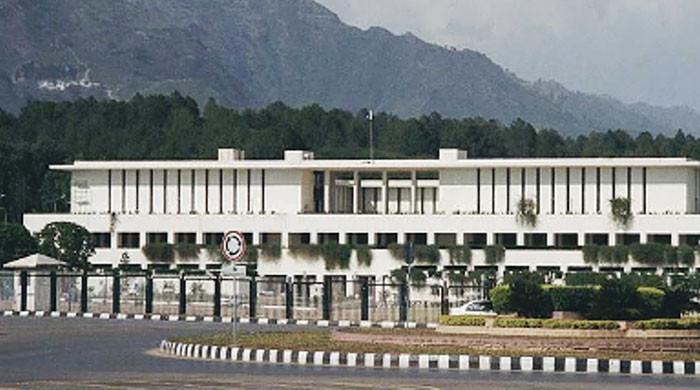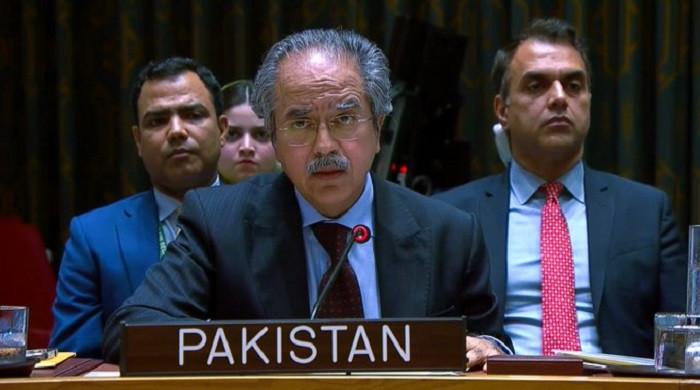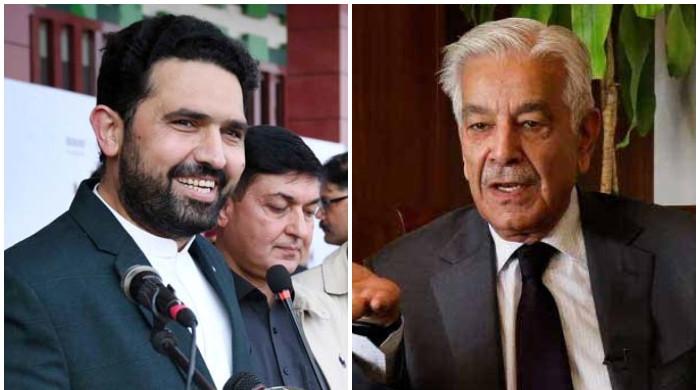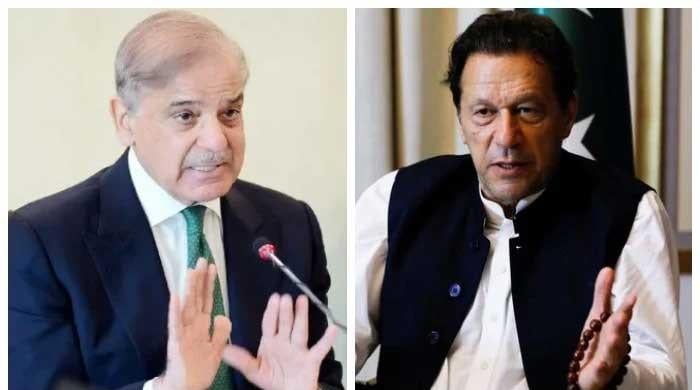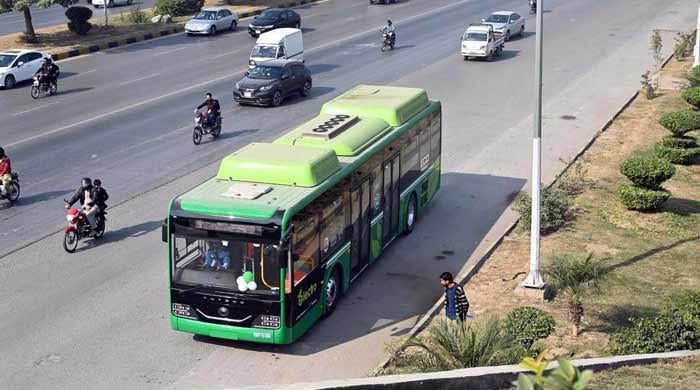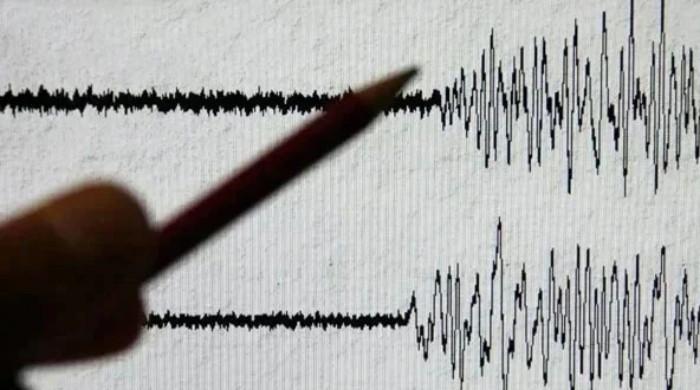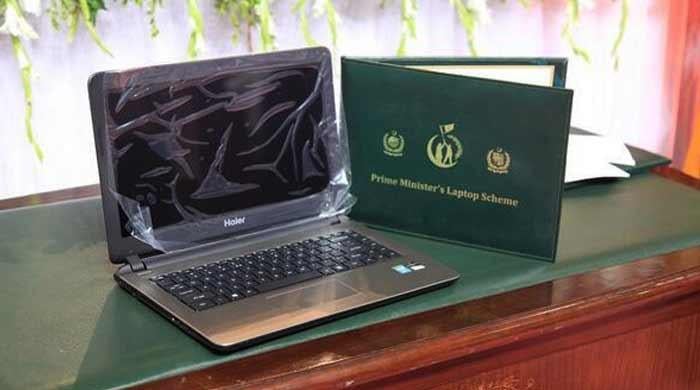Dar pushes SCO to activate financial tools, accelerate economic integration
Deputy premier underscores SCO’s potential to enhance humanitarian cooperation, disaster response
November 18, 2025
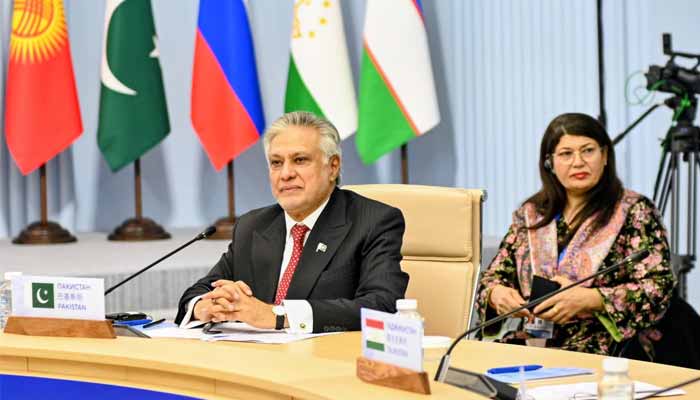
- DPM and FM Dar addresses SCO CHG meeting in Moscow.
- SCO shifting towards deeper economic integration: Dar.
- Reaffirms Pakistan's commitment to strengthening regional ties.
ISLAMABAD: Deputy Prime Minister and Foreign Minister Ishaq Dar on Tuesday called on Shanghai Cooperation Organisation (SCO) member states to accelerate regional economic integration by operationalising key financial tools to support connectivity and development projects.
He made these remarks while addressing the 24th meeting of the SCO Council of Heads of Government (CHG) held in Moscow.
The CHG is the second-highest decision-making body within the SCO and oversees cooperation in areas such as economy, finance, trade, connectivity, commerce and socio-economic development, including the organisation’s budget. It also adopts joint communiqués, statements and key decisions.
During his address, Dar said that the joint communique and documents adopted at the summit would go a long way in guiding collective efforts toward regional prosperity.
He emphasised that the SCO’s agenda, spanning trade, economy, culture, and humanitarian cooperation, forms the foundation of a "mature, future-oriented" organisation.
Highlighting the outcomes of the recent Tianjin summit, the foreign minister noted that the SCO is shifting towards deeper economic integration.
He pointed to expanded trade collaboration, improved infrastructure connectivity, investment partnerships, and the promotion of digital economies as key pillars for sustainable growth across the SCO region.
He also underscored the SCO’s potential to enhance humanitarian cooperation and disaster response.
He shared that Pakistan has developed a "technology-driven, proactive" disaster management system and expressed Pakistan’s willingness to conduct simulation exercises with member states to strengthen regional preparedness.
Calling for stronger engagement with SCO observer and partner states, Ishaq Dar urged the organisation to move beyond "passive observation" and bring these countries into project-based initiatives aligned with their expertise.
The deputy premier outlined several proposals for practical cooperation, including activating financial tools such as the SCO Interbank Consortium and advancing plans for an SCO Development Bank to support connectivity and technical collaboration projects.
Stressing the importance of human capital development, Dar advocated an expansion of the SCO University Network into a consortium focused on applied knowledge.
He said such an initiative would promote student exchanges and joint research in critical fields including information technology, artificial intelligence, agriculture, water resource management, and telemedicine.
Reaffirming Pakistan's commitment to strengthening regional ties, Dar called for an SCO that serves as a "launch pad for shared success," fostering greater innovation, interconnectedness, and integration among its member states.





